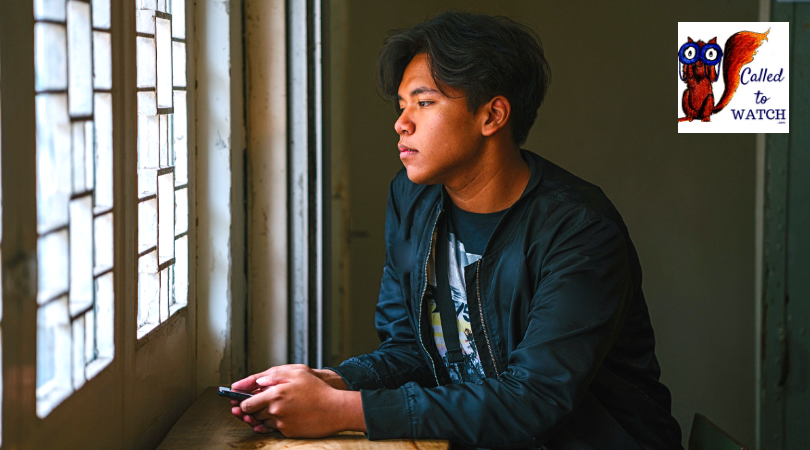Obviously there’s nothing ‘easy’ about having a chronic illness, but the question still stands: does a chronic illness impact an introvert in the same way as an extrovert?
And if so, what does this mean for us as we try and support our sick introvert friends?
I think the first thing we have to realise is this:
Sickness and introvert-ism are two very different things
Introverts recharge by ‘alone time’. If chronic illness means they spend large periods of time alone, well, surely that equals a lot of ‘recharging’, right?
Unfortunately it’s not that simple. Introverts do not get energy solely from being away from other people. Thus it is possible to be physically away from others but not re-charge.
You see, it is not restful to be alone but unable to think clearly. It is not relaxing to be alone but to have a pounding headache. It is not rejuvenating being alone when illness prevents you from dreaming and pondering and wondering!










